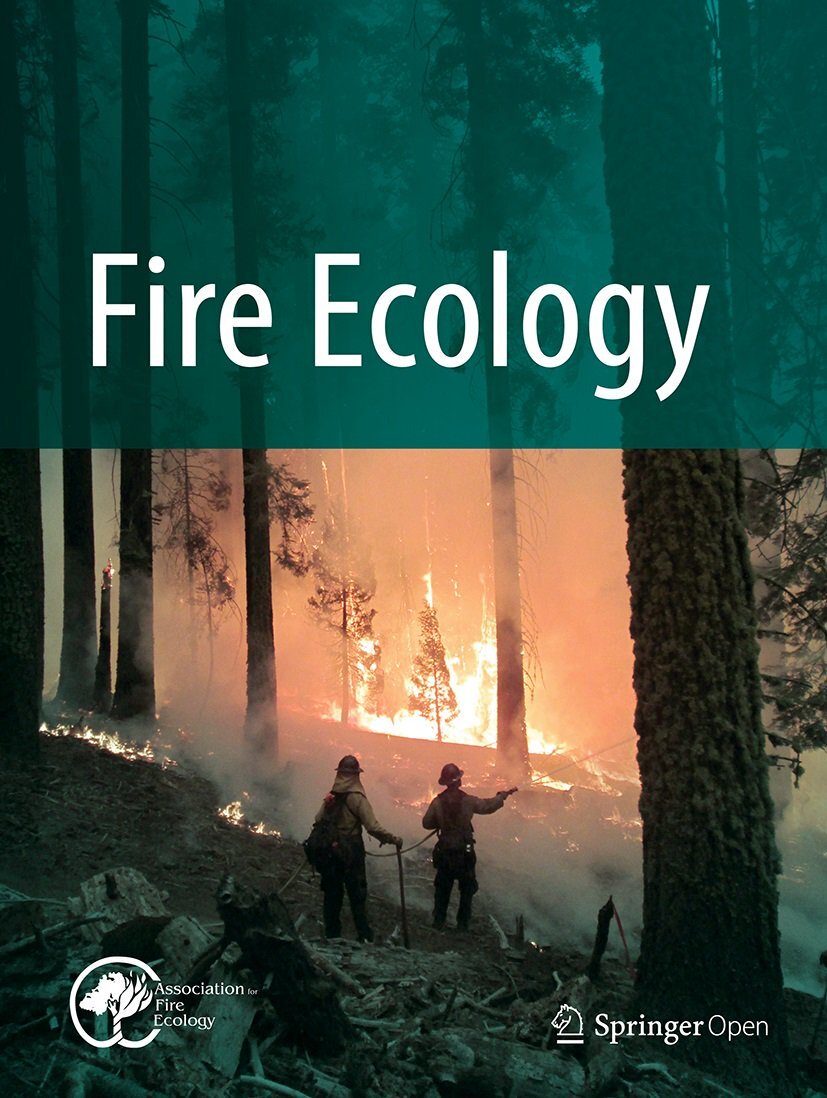Alaska Fire Science Consortium Fall Fire Science Workshop Part 1
Wednesday, October 29, 2025, 1-3pm Alaska time
This year's focus will highlight AFSC’s Fall/Winter webinar series with presentations exploring smoke issues due to wildland fire in Alaska, reburns in the boreal forest, fire modeling with CFFDRS and ALFRESCO, quantifying drivers of return areas, updates from the Geographic Information Network of Alaska, protecting permafrost with targeted fire suppression and new additions to wildfire hazard maps.
Agenda:
1:00 - 1:10 PM:
Hilary Shook, Alaska Fire Science Consortium
Workshop kickoff. Learn about Alaska Fire Science Consortium's recent activities, highlights and upcoming events.
1:10 - 1:30 PM:
Kayla Mathes, Woodwell Climate Research Center
Assessing how boreal fire management could be used as a cost effective climate solution that yields real climate benefits. She will discuss a pilot project to protect yedoma permafrost in the Yukon Flats National Wildlife Refuge and work building a carbon and fire vulnerability map across Alaska.
1:30 - 2:00 PM:
Micah Hahn, Institute of Circumpolar Health Studies at University of Alaska Anchorage
Tools assessing health risks from smoke exposure, improve access to air quality observations and forecasts, and integrate cultural fire and Indigenous health.
2:00 - 2:20 PM:
Jeremy Forsythe, Center for Ecosystem Science and Society at Northern Arizona University and Bonanza Creek Long Term Ecological Research Station
How longer, warmer summers are increasing the frequency of reburns in Alaska's boreal forests. Using satellite remote sensing to monitor these events, his research examines the critical trade-offs between changing vegetation fuels and fire weather to better predict when and where landscapes are most likely to burn again.
2:20 - 2:40 PM:
Rick Lader, International Arctic Research Center at University of Alaska Fairbanks
Emerging threats of fire seasons when unusual heat and drought interact with wildfire in Alaska.
2:40 - 2:50 PM:
Randi Jandt, Ecologist for the Alaska Fire Science Consortium
Includes briefs on new fire science research topics including a new dataset on constructed firelines and burnouts, mid-term impacts on streams in Alaska, smoke exposure and health in Alaska, and more.
2:50 - 3:00 PM:
Daily evaluation and feedback. Your feedback helps AFSC and our partners better serve you.


